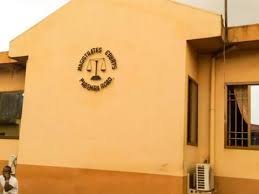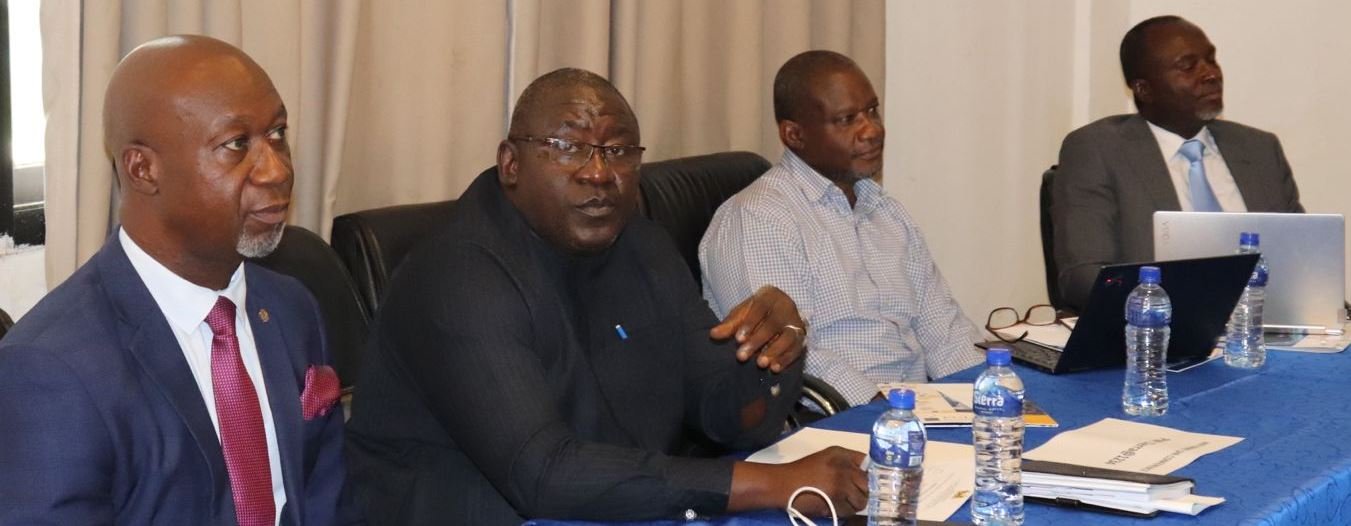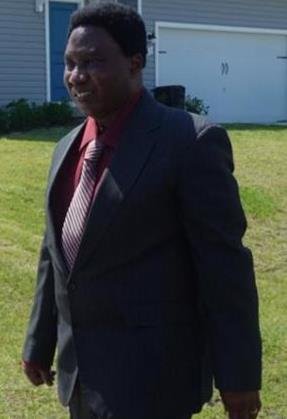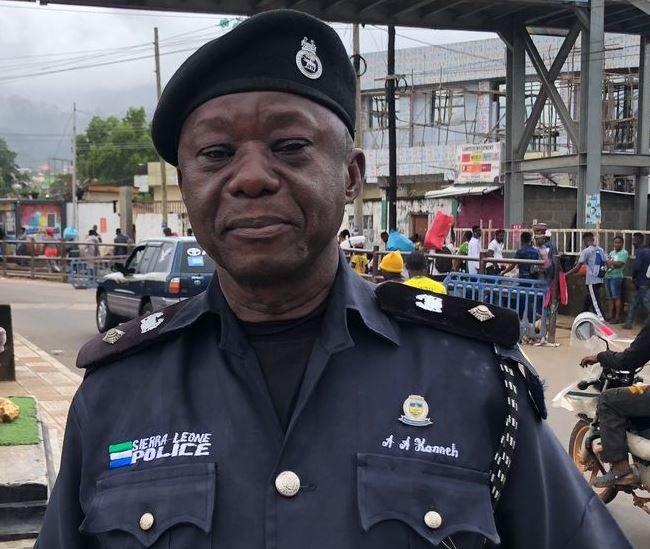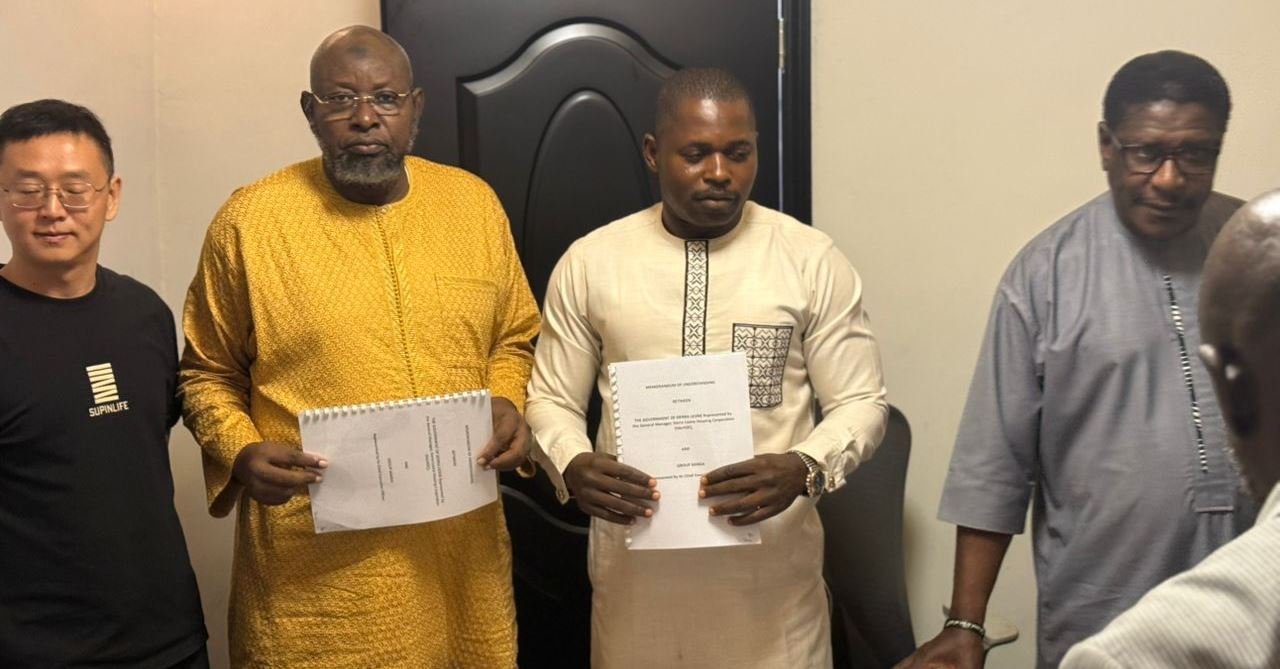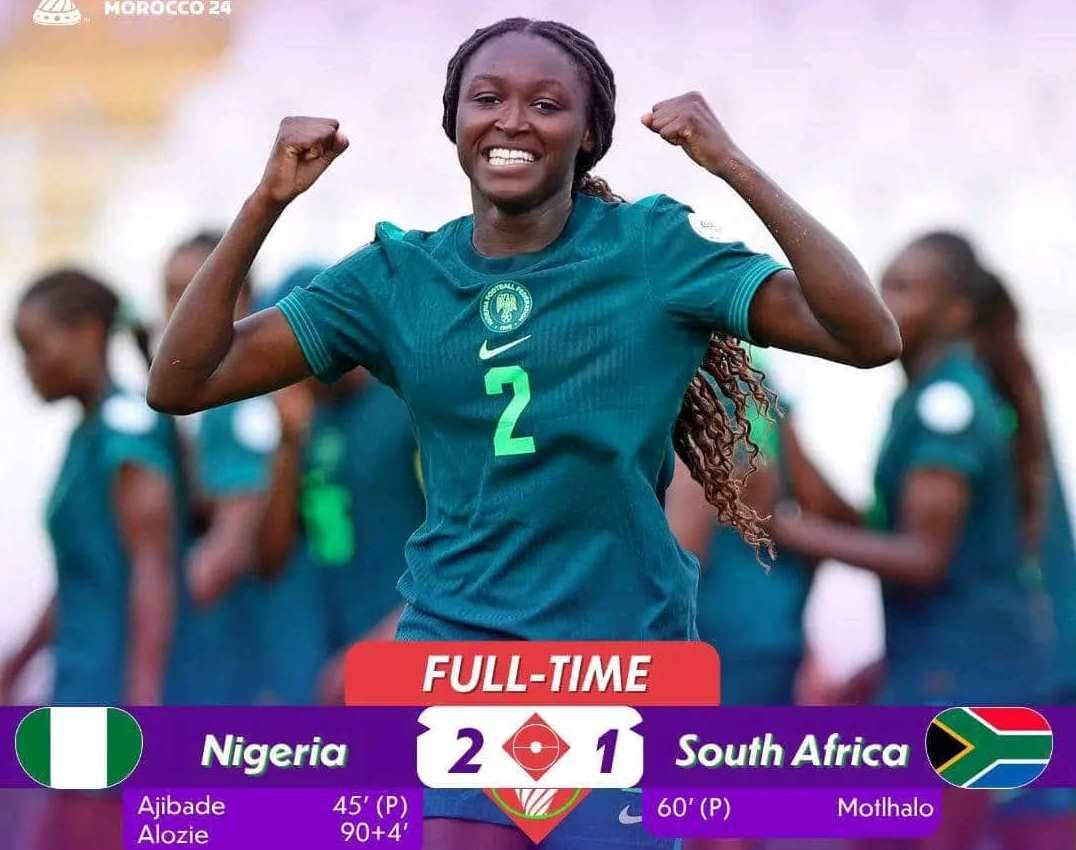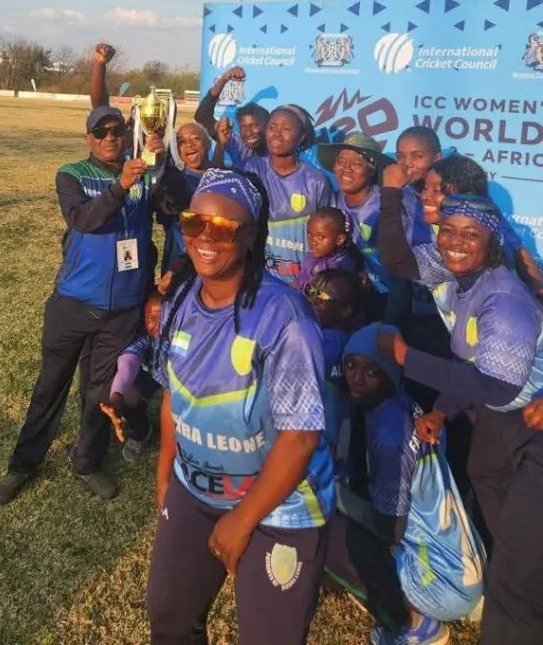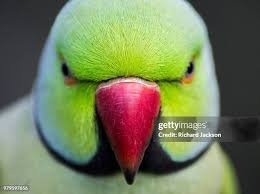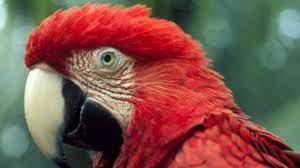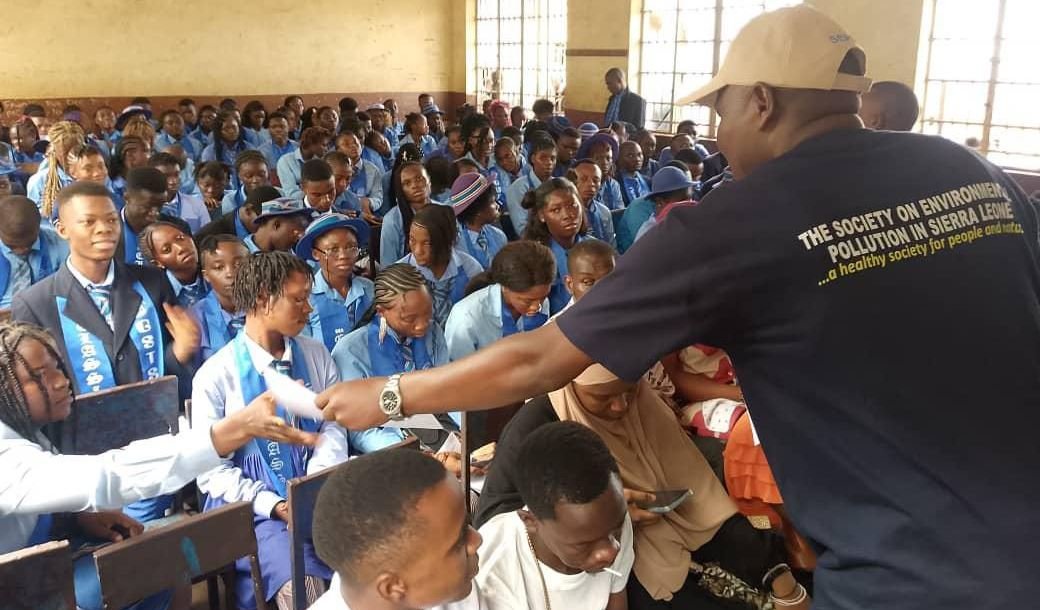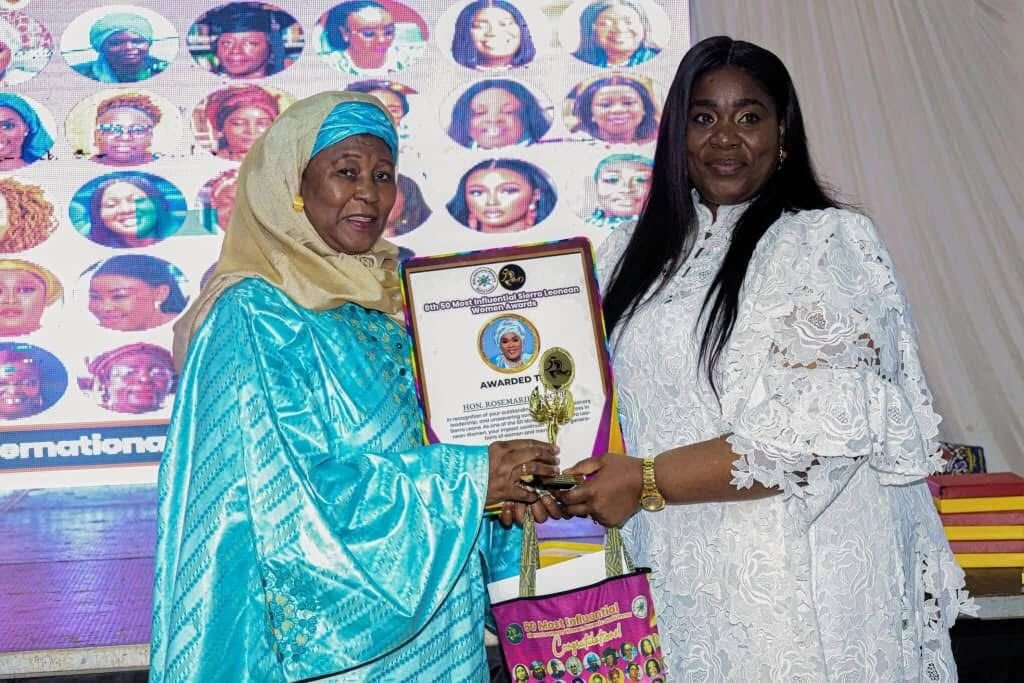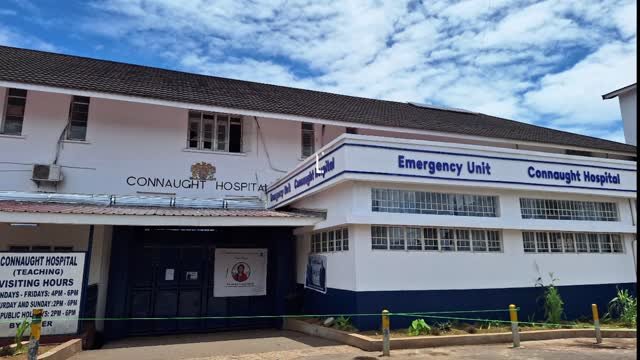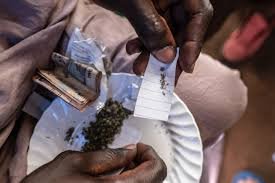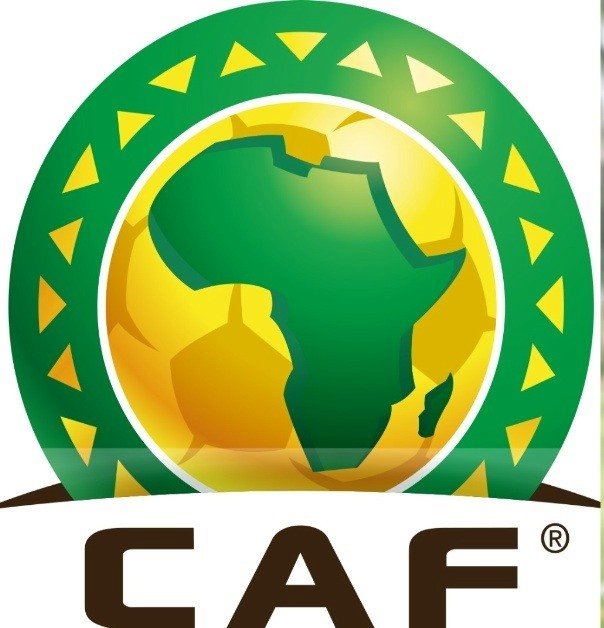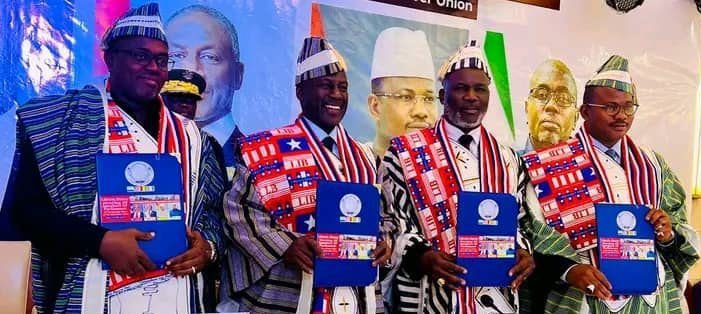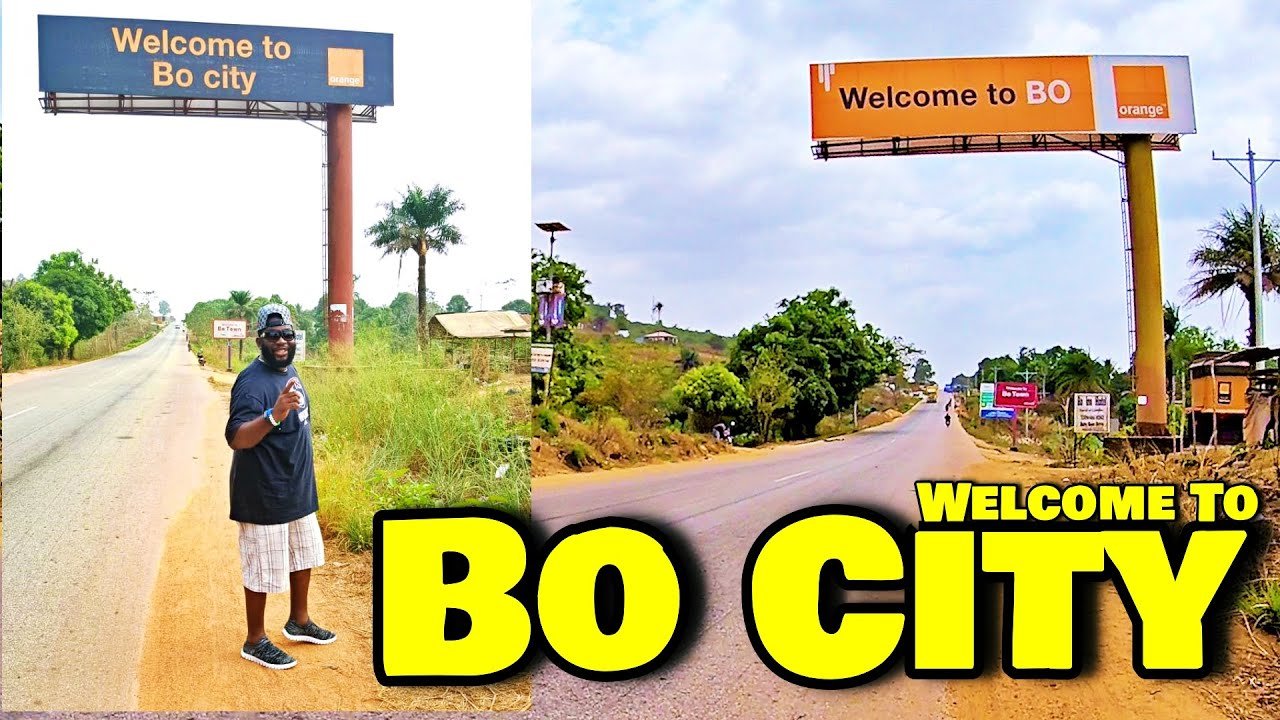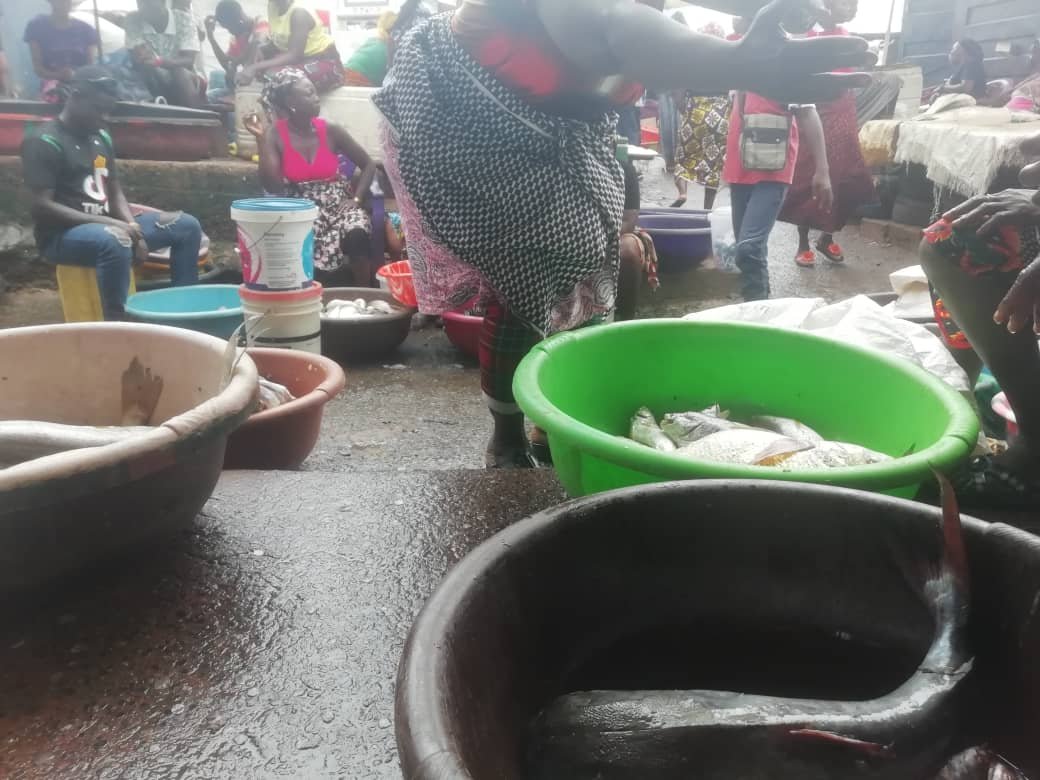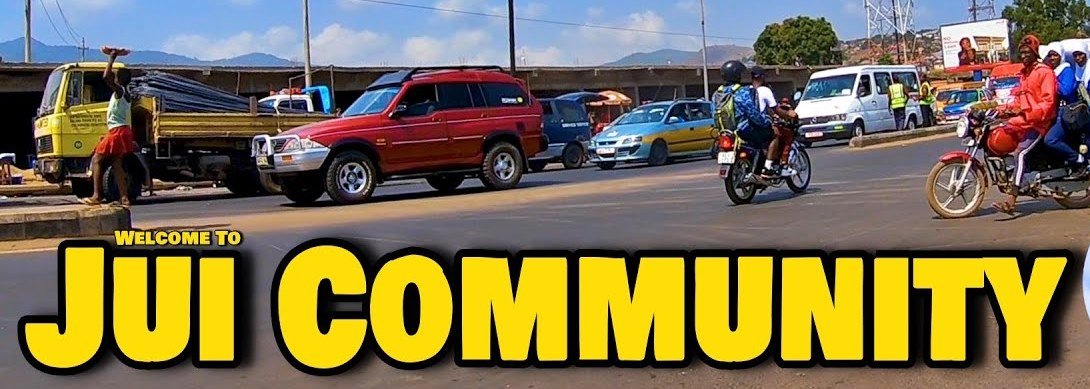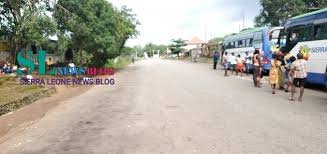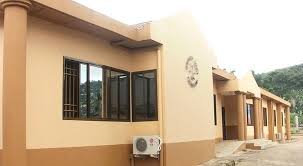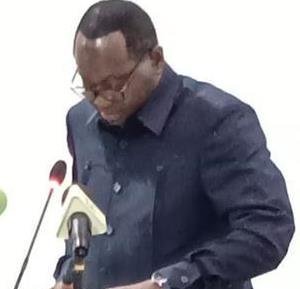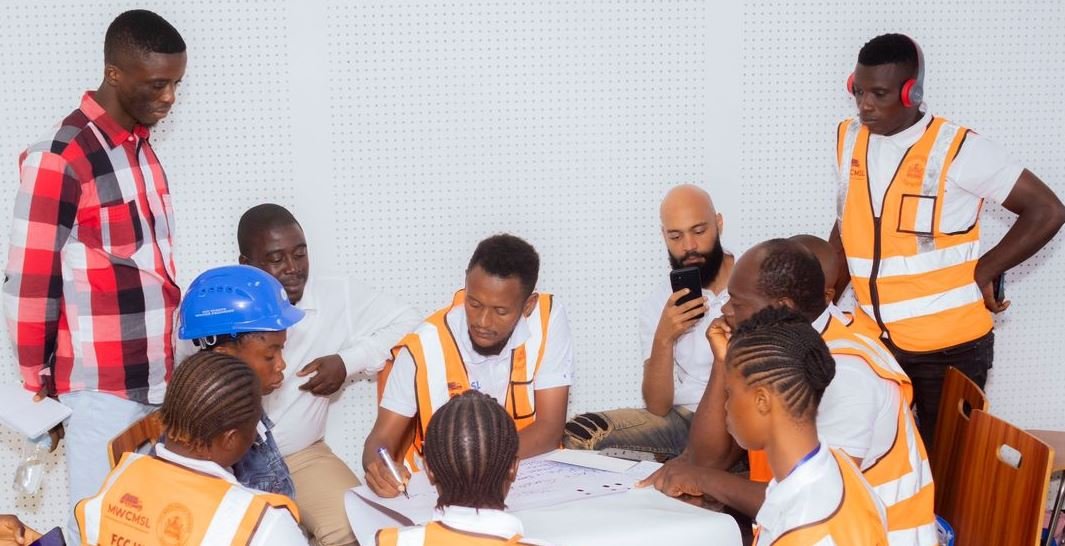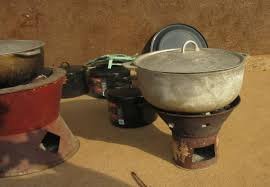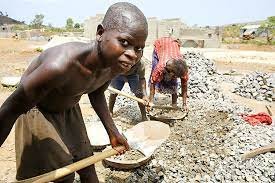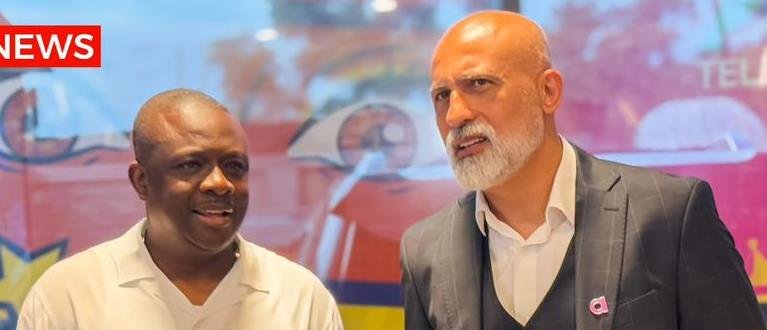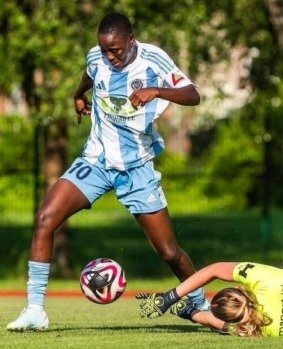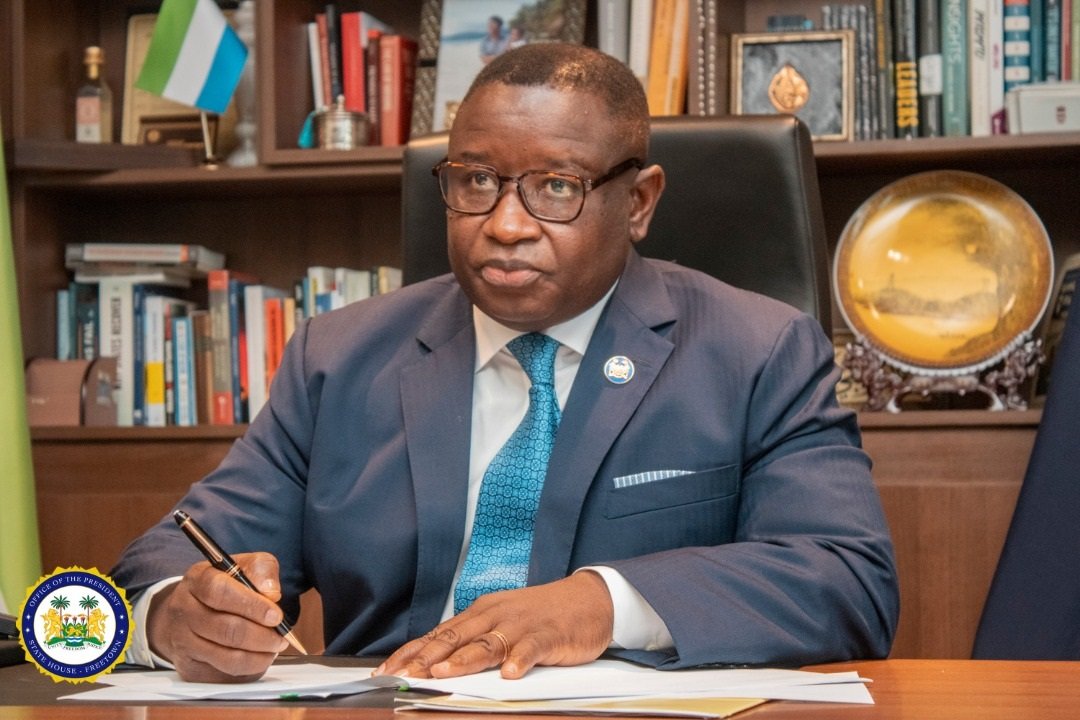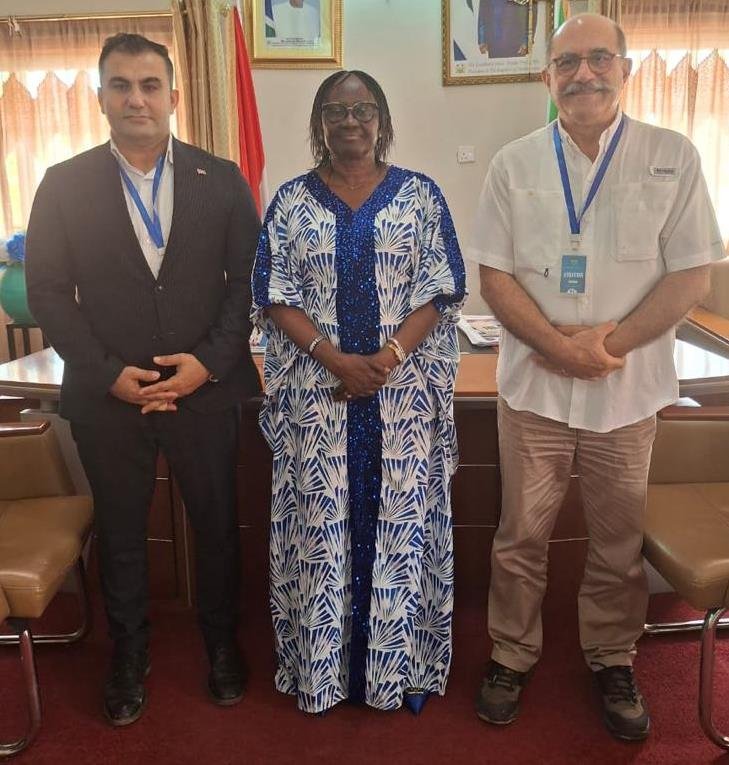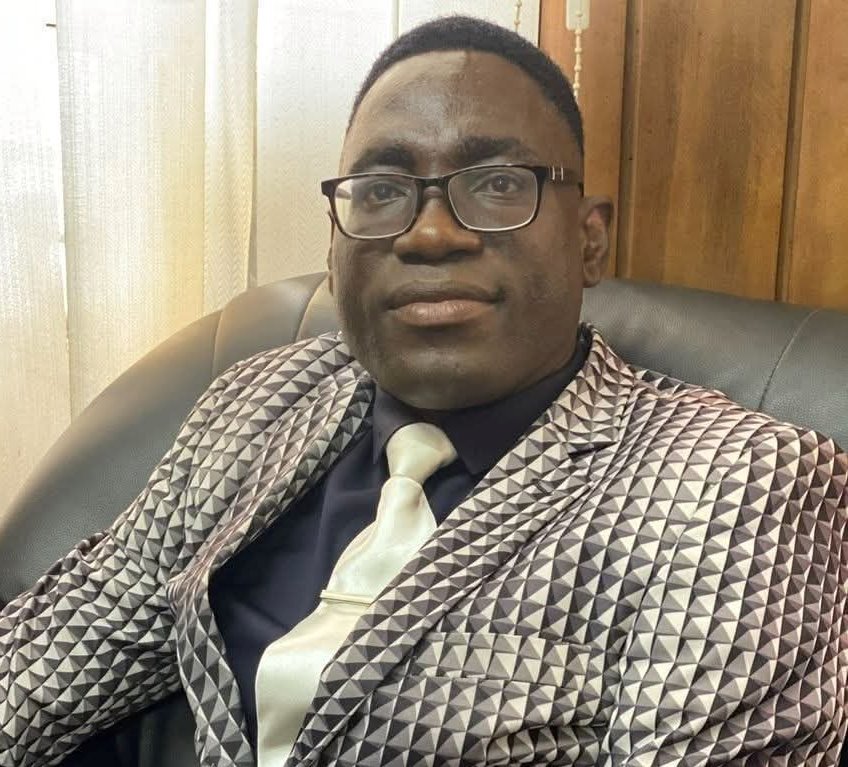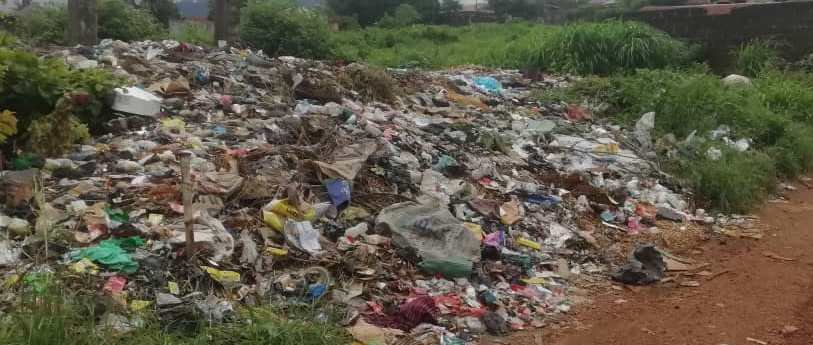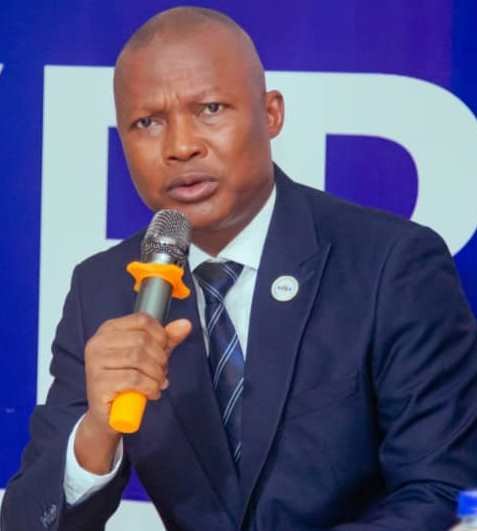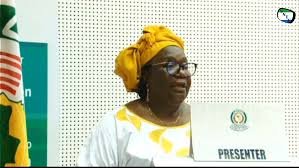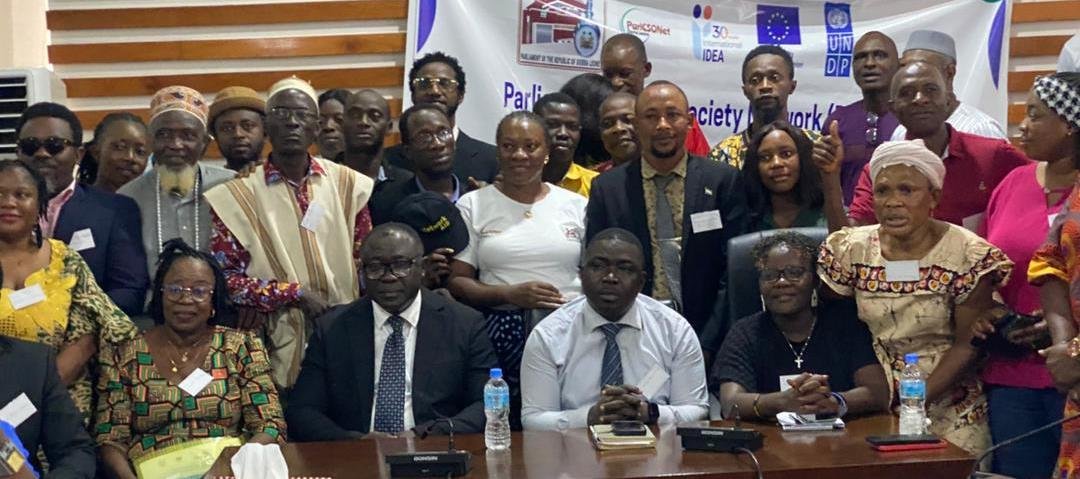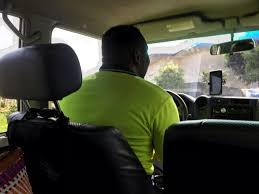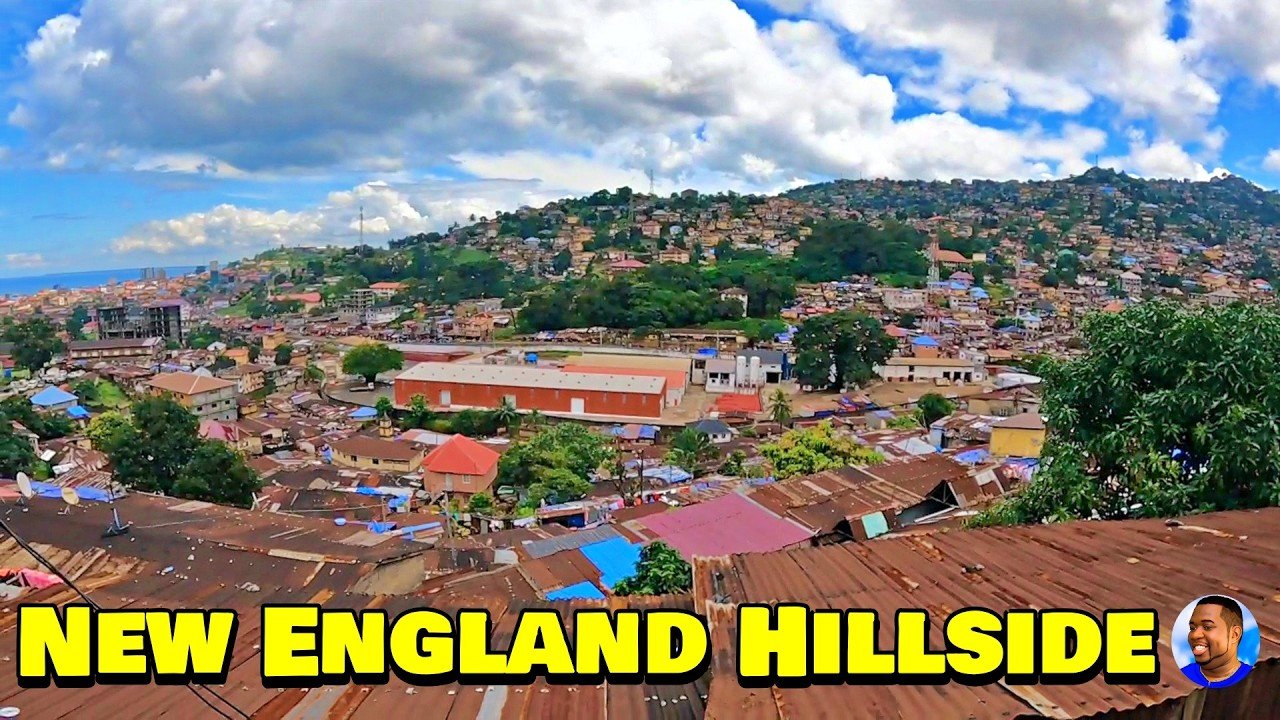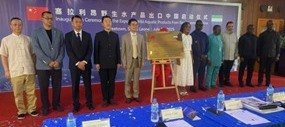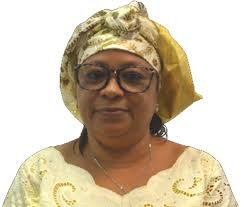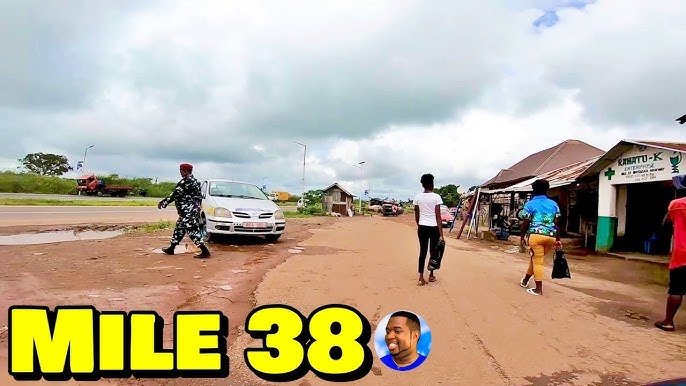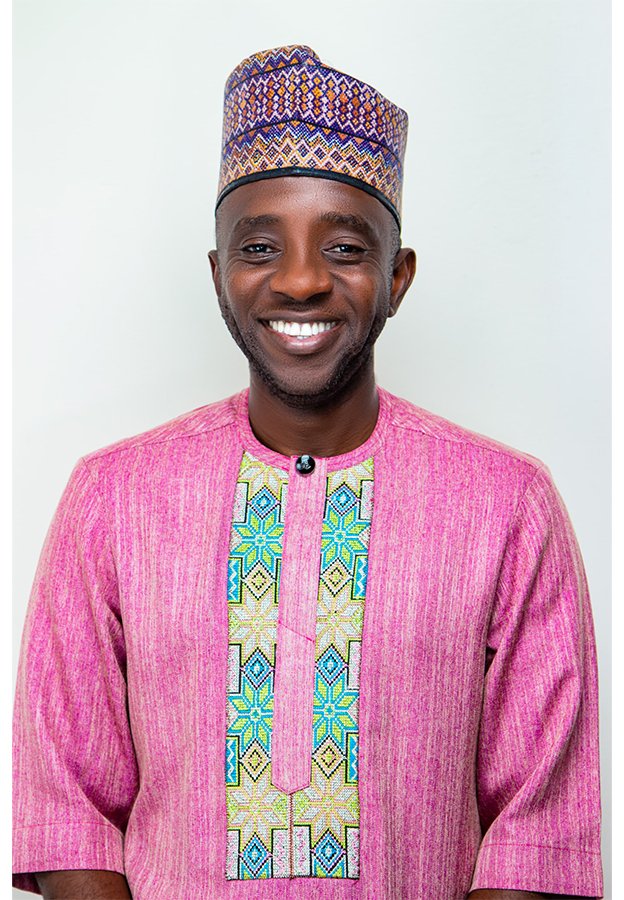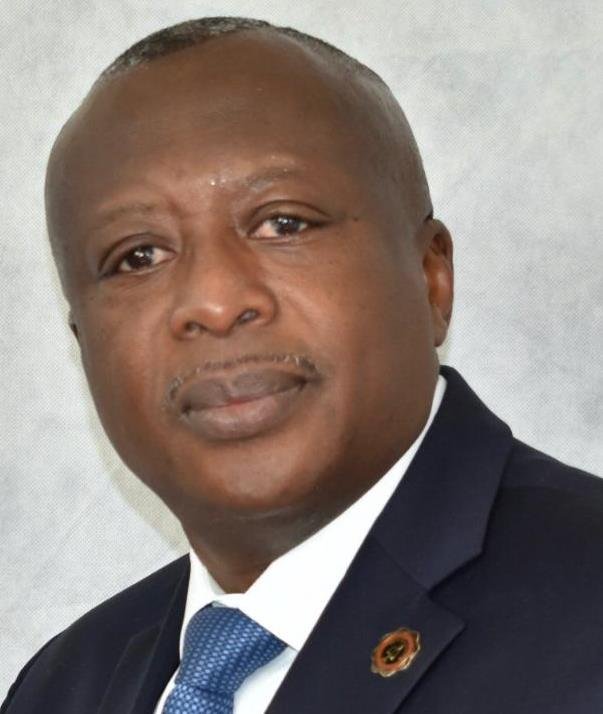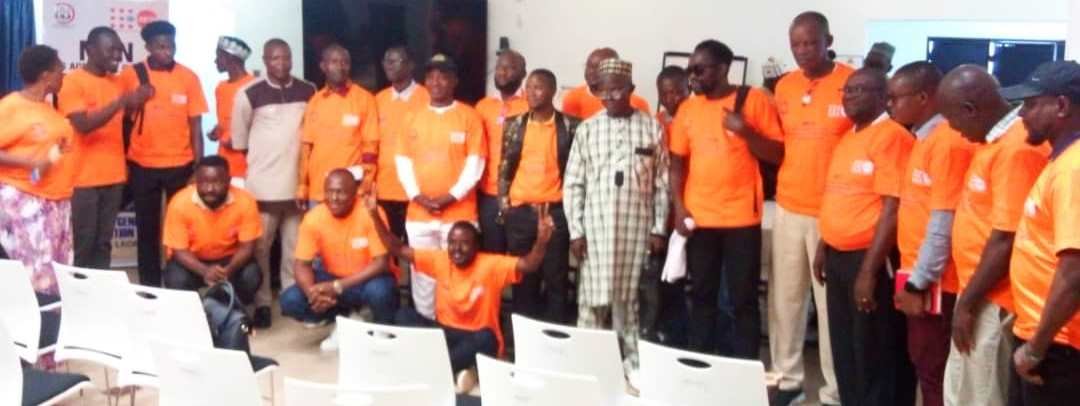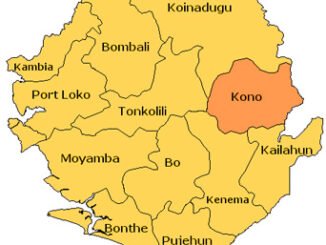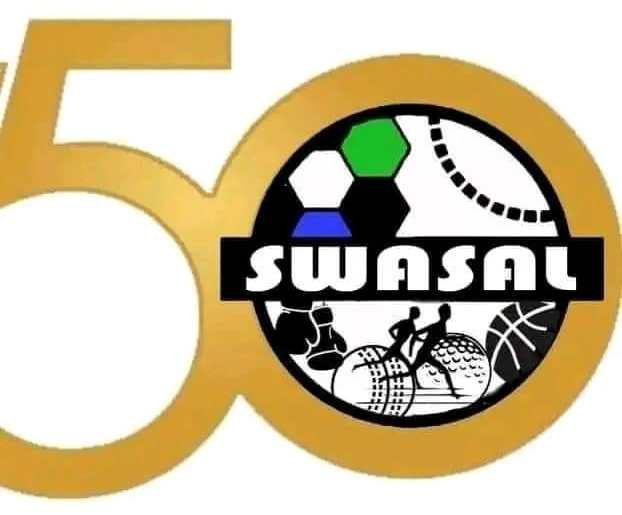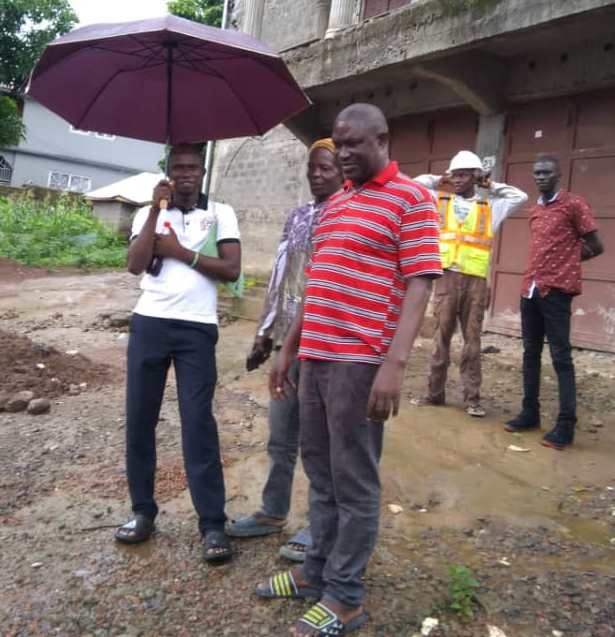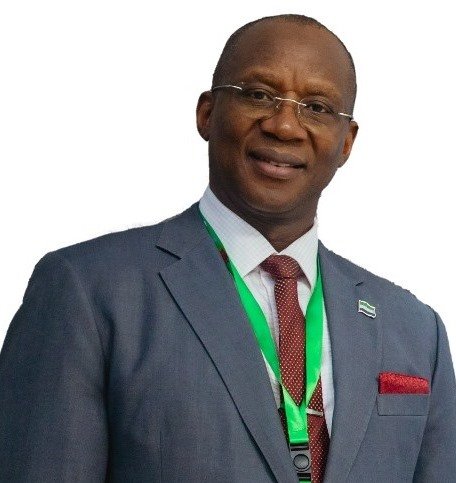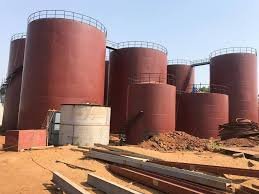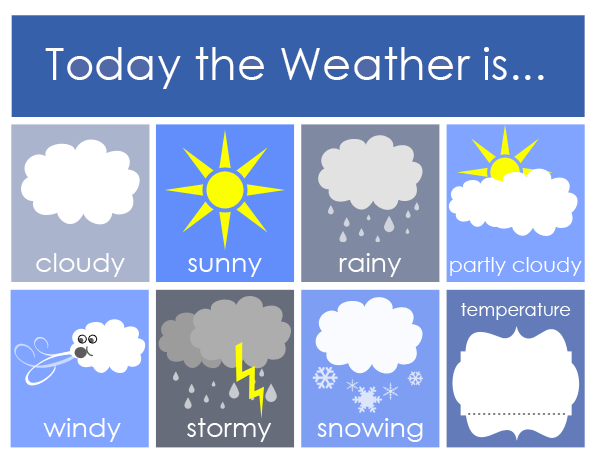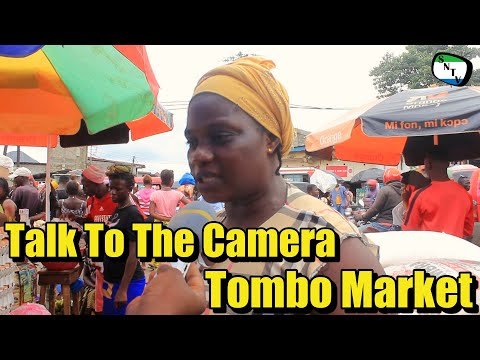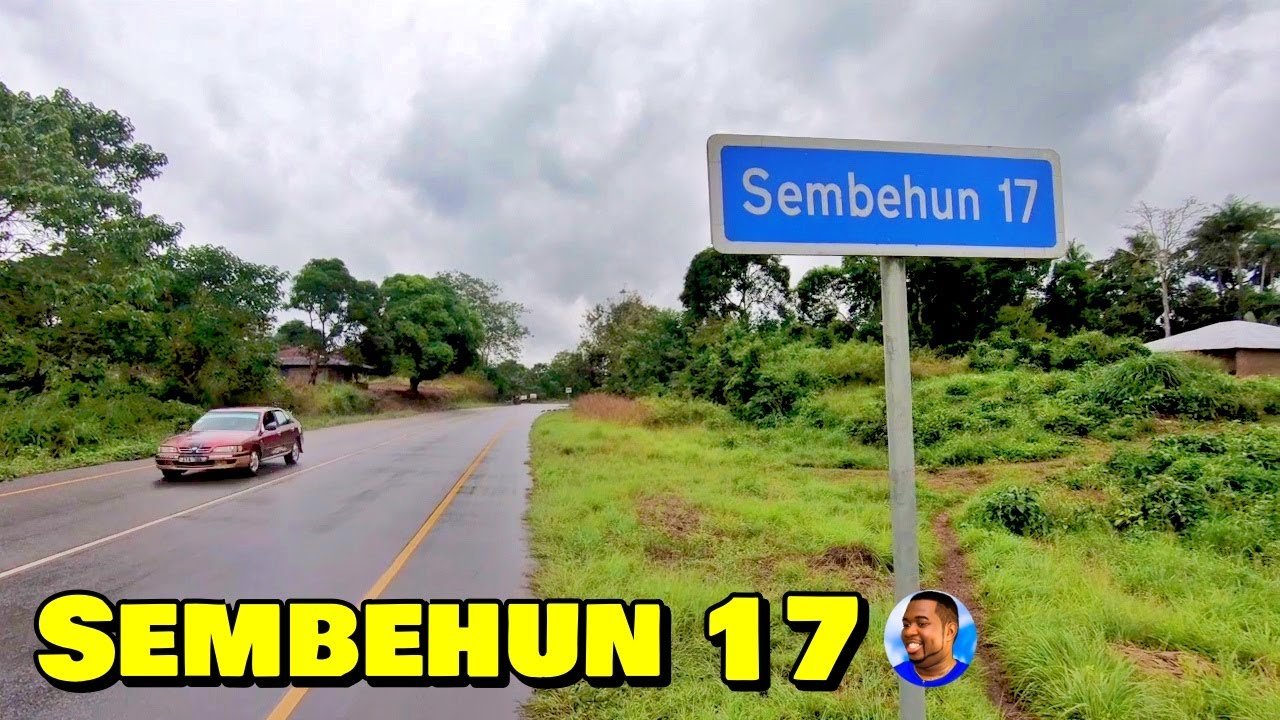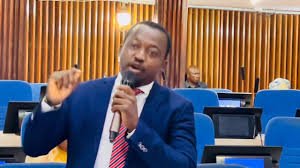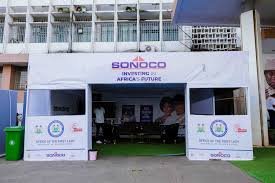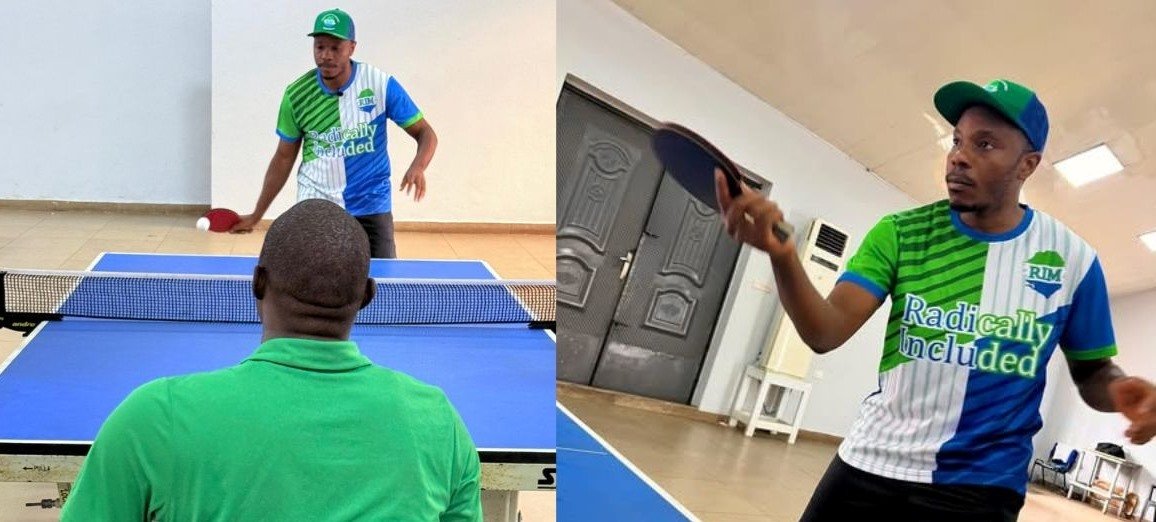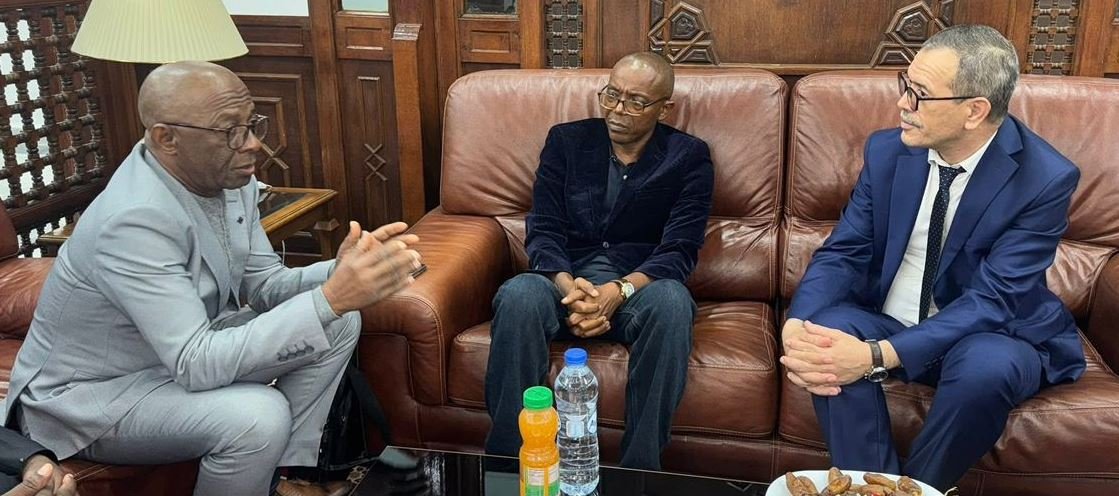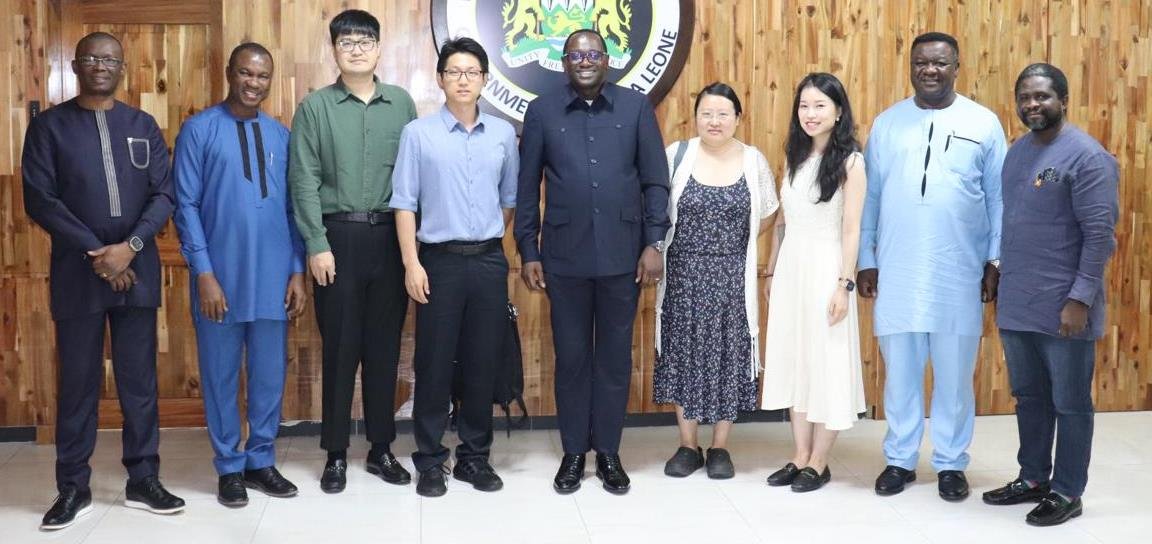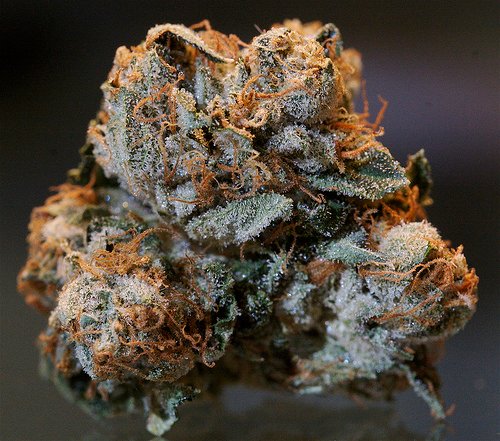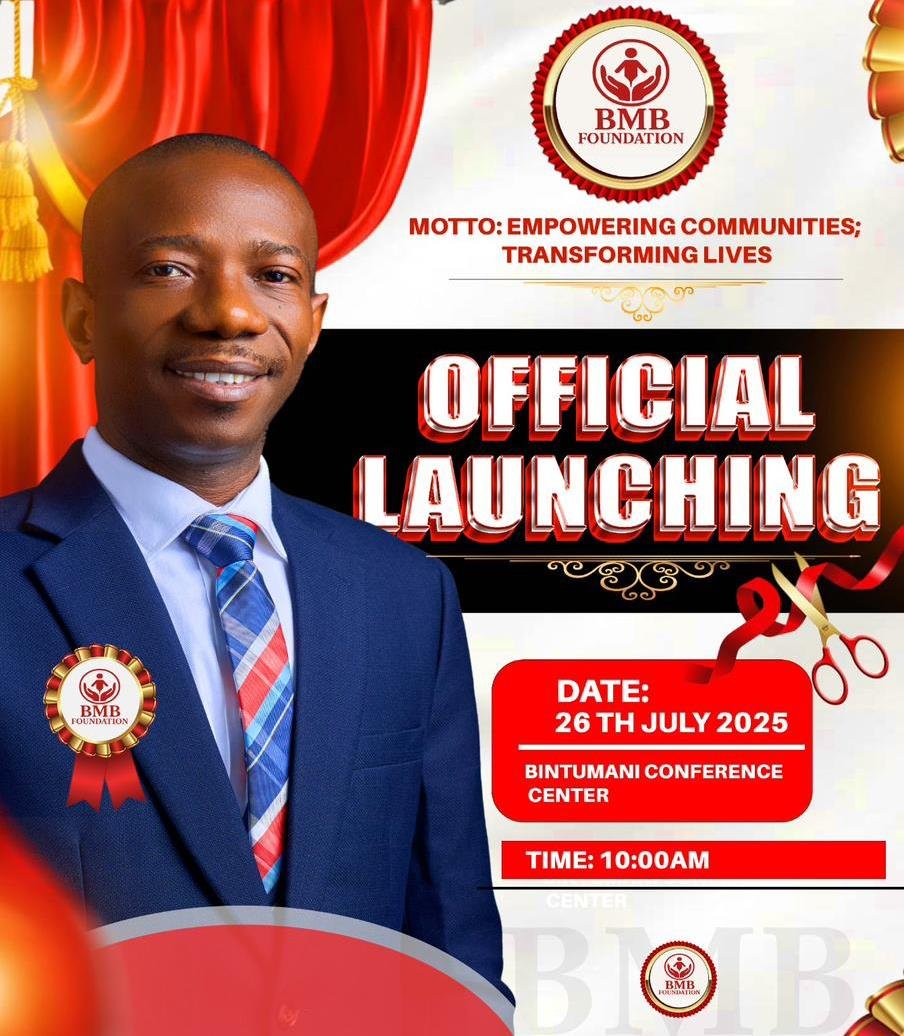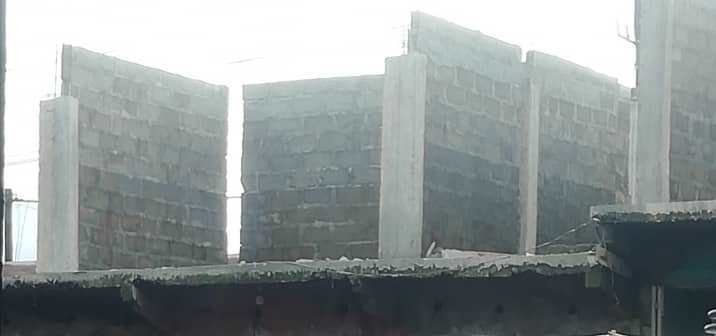By Hassan I. Conteh
Africa news
Alimamy Fofanah is a household fabric or window curtain seller at the heart of the capital but he now works on farm rice.
His curtain business at Wilberforce is not flourishing like it was in the past.
He has been in the trade for about eleven years, he said.
But since business and sales slow these days under Sierra Leone’s current inflation, Alimamy regularly goes to Mambolo Town, Kambia district, to do agriculture and farming.
He grows both swamp and land rice, and he grows pepper as vegetables lately.
He is admired by his colleague business youth who depend entirely on selling a day to make ends meet in a country which has seen skyrocking price on rice commodity, Sierra Leone’s staple food.
The smooth-talking guy talked to us about his long days spent in his hometown.
“All these while I was at Mambolo doing farm and garden work; work in the farm is hard but I sometimes pay village youth-men to work for me,” he explained.
The profits he gets from selling curtains is used to promote his farming drive.
“I have been leaving the town [Freetown] for my village while my younger brother oversees the business; I can’t stay in Freetown when selling has been very stiff for us.”
Alimamy is determined to grow a much bigger farm next year’s plant season especially rice cereal.
This year, few months ago, he said he was growing up pepper plants on a little but very fertile ground.
He is being emulated by a number of his colleagues who now leave the capital to work in private farms like him.
“The idea came about two years ago [ 2021] when I started going to Mambolo Chiefdom to grow rice.
There are a lot of very affluent men who are growing very bigger farm rice in the surroundings of Mambolo, he said.
“Some do have rice planting machines and so they could grow big farms.
But we only apply local farms tools to work on our very small swamp. Alimamy and other work also on Mambolo’s vast bolilands, rice fertile lands in Sierra Leone or are lands that flooded in the rainy season and dry and hard in the dry season.
Other Sierra Leoneans like Papso otherwise known as Ibrahim Kamara has a poultry at Songo village, which is about 30 miles from the capital.
“ I have a man and his family who takes care of my sticks-built poultry in Songo; the sheep and goats are productive and I intend to purchase more to add up to that number,” Ibrahim said.
Papso hasn’t enough money to have bought plenty animals to rear.
He is paid little some of money as salary as a primary teacher at a private school in Freetown.
One of the problems facing the group of this new crop of city-farmers is high cost on fertilizers in the country. Some farmers don’t have available implements or farm tools.
Though they don’t have government’s support at all, they are investing their little money on agriculture.
Growing the food you eat is a wide call of a way out to beat down the high costs on the exported rice in the country.









